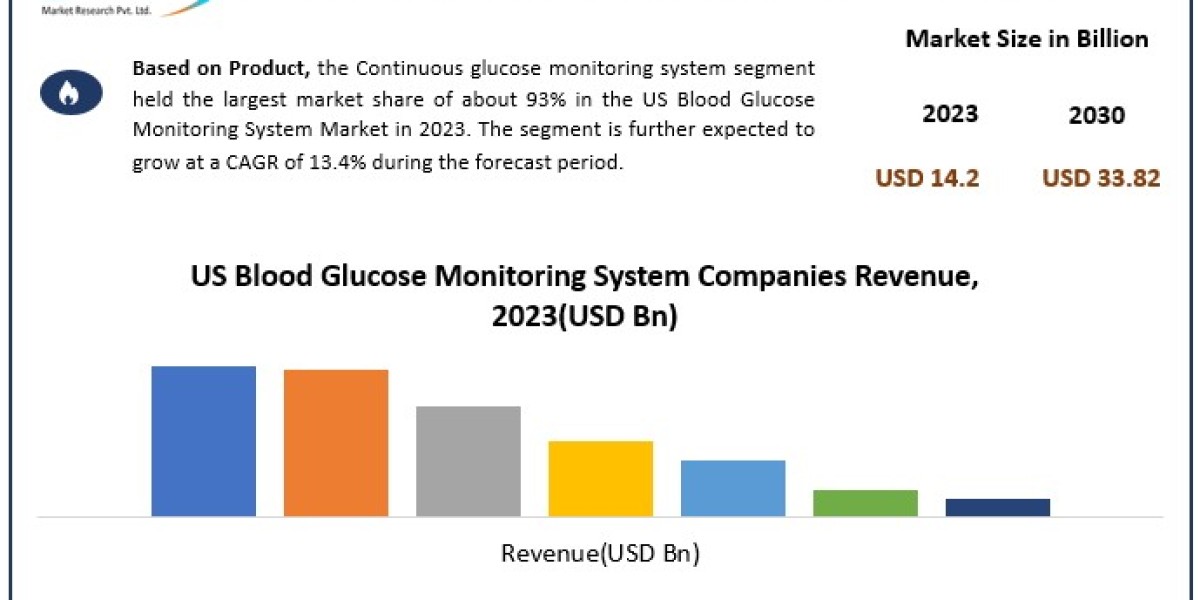Preoperative clearance is a crucial step in ensuring a patient's safety before undergoing surgery. The evaluation helps medical professionals identify and address any potential risks that may complicate the procedure. This clearance process is guided by specific Preop clearance ICD 10 codes, which are used to document diagnoses, conditions, and procedures. However, when claims related to preoperative clearance are denied, it can negatively affect the patient's ability to receive timely care. The role of denial codes in this scenario is critical, as they provide insight into why claims were rejected and what needs to be corrected to proceed with patient care. Denials, such as those related to the CO 24 denial code, can be particularly challenging and require a robust denial management strategy. Collaborating with a medical billing company can provide valuable expertise in managing these denials, ensuring accurate coding, and optimizing billing processes to minimize the risk of denials and delays.
In this article, we will examine the importance of preoperative clearance ICD-10 codes, explore common denial codes related to preoperative evaluations, and discuss how these denials impact patient care. Additionally, we’ll highlight the steps that healthcare providers can take to address these denials effectively and ensure smooth preoperative planning. By understanding the intricacies of Preop clearance ICD-10 coding and leveraging the support of a medical billing company, healthcare providers can streamline their billing processes, reduce administrative burdens, and focus more on delivering high-quality patient care.
The Role of ICD-10 in Preoperative Clearance
Preoperative clearance serves as a medical evaluation to assess whether a patient is fit for surgery. The process typically involves a detailed assessment of the patient’s health, identifying conditions like heart disease, diabetes, hypertension, or any other comorbidities that may affect the procedure. To document these assessments, healthcare providers use specific ICD-10 codes, which are internationally standardized medical codes used for diagnoses and billing.
Some of the most common ICD-10 codes used in preoperative clearance include:
- Z01.810: Encounter for preprocedural cardiovascular examination.
- Z01.811: Encounter for preprocedural respiratory examination.
- Z01.818: Encounter for other preprocedural examination.
- Z01.89: Encounter for other specified special examinations.
- Z01.82: Encounter for preprocedural laboratory examination.
These codes ensure that the patient’s condition and the preoperative evaluation are properly documented and billed. Accurate usage of these codes is essential for processing claims and avoiding denials from insurance providers. Incorrect or incomplete coding can lead to claim denials, delaying both the surgery and patient care.
Denial Codes and Their Impact on Preoperative Clearance
Denial codes are issued by insurance companies to indicate why a claim was rejected. In the context of preoperative clearance, these denials can significantly disrupt the timeline for surgery, as the clearance is a prerequisite for most procedures. Understanding common denial codes and their causes is the first step toward addressing these issues and preventing delays in patient care.
Common Denial Codes Affecting Preoperative Clearance
CO 16 – Claim/service lacks information or has submission/billing errors.
- This denial occurs when the submitted claim does not include all required information, such as the patient's demographic details, the correct ICD-10 codes, or missing documentation that supports the preoperative clearance. Healthcare providers need to ensure that all relevant information is correctly documented before submitting the claim.
CO 50 – Not medically necessary.
- This denial happens when the insurance company determines that the preoperative clearance was not medically necessary based on the patient’s health condition or the type of surgery being performed. In some cases, insurers may question the necessity of specific tests included in the clearance. Providers need to submit sufficient medical justification, outlining why the clearance is essential for the patient's surgery.
CO 197 – Precertification/authorization absent.
- Many insurers require prior authorization for preoperative services, especially when involving high-risk patients or complex procedures. Failure to obtain this authorization before submitting the claim results in a denial. This code highlights the importance of obtaining insurance approval before performing any preoperative evaluations.
CO 24 – Claim denied due to lack of patient eligibility.
- This denial occurs when the patient’s insurance information is outdated or inaccurate, indicating that the patient may not be eligible for coverage. Verifying the patient’s insurance status and coverage before submitting claims is critical in preventing such denials.
CO 29 – The time limit for filing has expired.
- Each insurance provider has specific deadlines for submitting claims. If the claim for the preoperative clearance is submitted after the deadline, it will be denied. Providers must ensure that they submit claims within the allowed timeframe to avoid this type of denial.
How Denials Impact Patient Care
When a preoperative clearance claim is denied, the repercussions can be significant for both the patient and the healthcare provider. These denials can delay surgery, disrupt care plans, and in some cases, even jeopardize the patient’s health. Here’s how denial codes impact patient care:
1. Delayed Surgeries
Preoperative clearance is a mandatory step in determining whether a patient is ready for surgery. When a claim is denied due to missing information or a lack of authorization, it forces the healthcare provider to delay the surgery until the issue is resolved. This can be especially dangerous for patients who require urgent or time-sensitive procedures. The longer it takes to address the denial, the greater the risk to the patient’s health.
2. Increased Financial Burden on Patients
In cases where insurance companies deny claims and the issue cannot be quickly resolved, patients may be left with the financial responsibility of paying for the preoperative clearance out of pocket. This can be a significant burden, particularly for patients undergoing major surgeries that require extensive testing and evaluations beforehand.
3. Stress and Anxiety for Patients
Denied claims and delayed surgeries add an unnecessary layer of stress and anxiety to patients already dealing with the emotional and physical toll of preparing for surgery. Patients may experience increased fear, frustration, and confusion about why their care is being delayed, further exacerbating the impact on their overall health.
4. Administrative Burden on Healthcare Providers
Denials create a substantial administrative burden on healthcare providers. Billing teams must review, correct, and resubmit claims, while simultaneously addressing communication with both the insurance company and the patient. This increases the workload on medical staff and can also lead to additional costs for the healthcare organization.
Strategies for Resolving Preoperative Clearance Denials
To mitigate the impact of denial codes on preoperative clearance and ensure that patient care proceeds without interruption, healthcare providers should implement the following strategies:
1. Accurate Documentation and Coding
Ensure that all patient information, ICD-10 codes, and supporting documentation are accurate and complete before submitting the claim. Regular audits of submitted claims can help identify and correct common errors, reducing the likelihood of denials.
2. Proactive Preauthorization and Insurance Verification
Before conducting any preoperative evaluations, healthcare providers should verify the patient’s insurance status and obtain prior authorization if required. This will help avoid denials related to eligibility and authorization issues.
3. Timely Claim Submission
Submit claims within the insurance provider’s filing deadlines to avoid denials due to late submissions. Implementing a tracking system for claim submission deadlines can help ensure that claims are submitted on time.
4. Appeal Denied Claims
If a claim is denied, it is crucial to review the denial code and submit an appeal with the appropriate corrections and supporting documentation. An appeal can often resolve the issue and result in payment for the services provided.
5. Educating Patients
Educate patients about the importance of providing accurate insurance information and the steps involved in preoperative clearance. Engaged and informed patients are less likely to encounter insurance issues that result in claim denials.
Conclusion
Preoperative clearance is a critical component of patient care, ensuring that individuals are medically fit for surgery. However, when ICD-10-coded claims for these clearances are denied, the result can be delayed surgeries, increased financial burdens, and added stress for both patients and healthcare providers. Understanding common denial codes such as CO 16, CO 50, and CO 197, and proactively addressing the root causes of these denials, is essential for preventing delays and ensuring a smooth path to surgery. Collaborating with a medical billing company can provide valuable expertise in managing these denials, ensuring accurate coding, and optimizing billing processes to minimize the risk of denials and delays. A medical billing company can assist in verifying patient eligibility, managing appeals effectively, and ensuring compliance with payer regulations, all of which are crucial for maintaining efficient and accurate preoperative clearance procedures. By combining these strategies, healthcare providers can streamline their billing processes, reduce administrative burdens, and focus more on delivering high-quality patient care.








